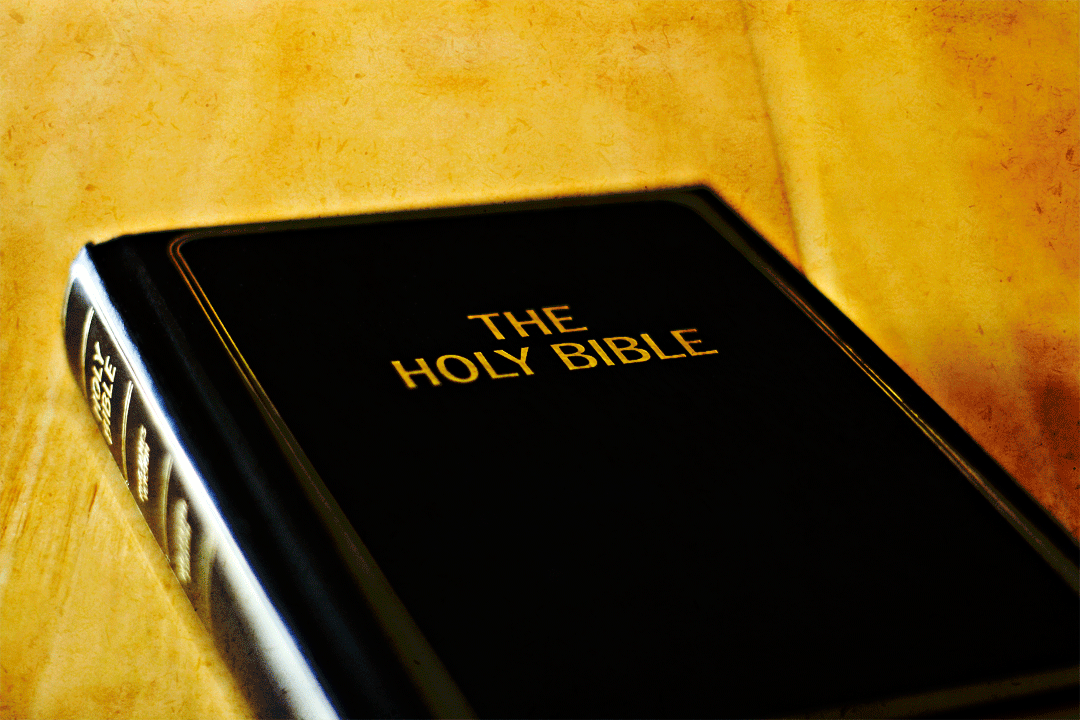
“What is overlooked in all this is that faith is good only when it engages truth…For it is not enough that we believe; we must believe in the right thing about the right One. True faith requires that we believe everything God has said about Himself and also that we believe everything He has said about us.” ~A. W. Tozer, Of God and Men
I have heard it long said that “You just need to believe!” What I ask in return is, “What do I need to believe?” What we believe is just as crucial as the fact that we do believe, but the two cannot be divorced from each other. You cannot have empty faith; your faith has to be in something. Knowing what you believe defines the content of your faith; it is the brick and mortar that gives substance to your convictions. If you don’t know what you believe, then how can you really say you believe? It is impossible to believe in nothing. Faith must have an object or it is not faith at all.
The object of your faith is just as precious as the reality of it. But what is it that you put your faith in? Where does the knowledge come from? How did you come to accept the knowledge and decide that it was worthy of your trust? For many people raised in Christian families, the answer is that we were told it was right by our parents. So, we ground our faith in something that we believe was traditionally held to be true by our family members and ancestors and then chose to accept it as our own tradition in order to conform and fit into our social role in our familial unit. But there comes a time in our lives when we each must face the cross-road where we stop acting like we just simply believe and we ask ourselves, “What do I really believe? And why do I believe it?”
Faith does not truly come into concretion and take root deep in a person’s heart until their supposed beliefs have been pulled out and laid upon the anvil of scrutiny and tested against the hammer of their soul. If their faith is thin and malleable and not enforced by personal conviction and intrepidity in something they know to be absolutely true, it will become deformed and found lacking in strength and finally broken and then the person is left seeking answers anew like a broken music box that plays an off-melody to its own tune.
Faith, I say, must find its bedrock in the fountain of truth—the Word of God. Not in Sunday sermons, not in family traditions, not in popular conventions of society, not in childhood dreams, and not in the deceitful hopes of our hearts. If we choose what we would like to believe (even about what God has revealed in Scripture), we will find our faith shallow and decrepit and we will be vexed with the same predicament as the person whose faith was defective in superficial tenets.
Therefore, to achieve true faith, a faith that does not break under the inquisition of the most rigorous critique, we must find the courage to ask ourselves if we know what we believe and why we believe it! Do we have a conviction in the truth because we know what God says in His Word or are we floating down a river with everyone else because we happened to get into the same boat with that group earlier in life and took for granted that they were saying the right things? Don’t just say you believe…know what you believe…know why you believe it! OWN IT! ~JW
You will seek me [the LORD] and find me, when you seek me with all your heart.
Psalm 86:11 NLT
Teach me your ways, O LORD, that I may live according to your truth! Grant me purity of heart, so that I may honor you.

